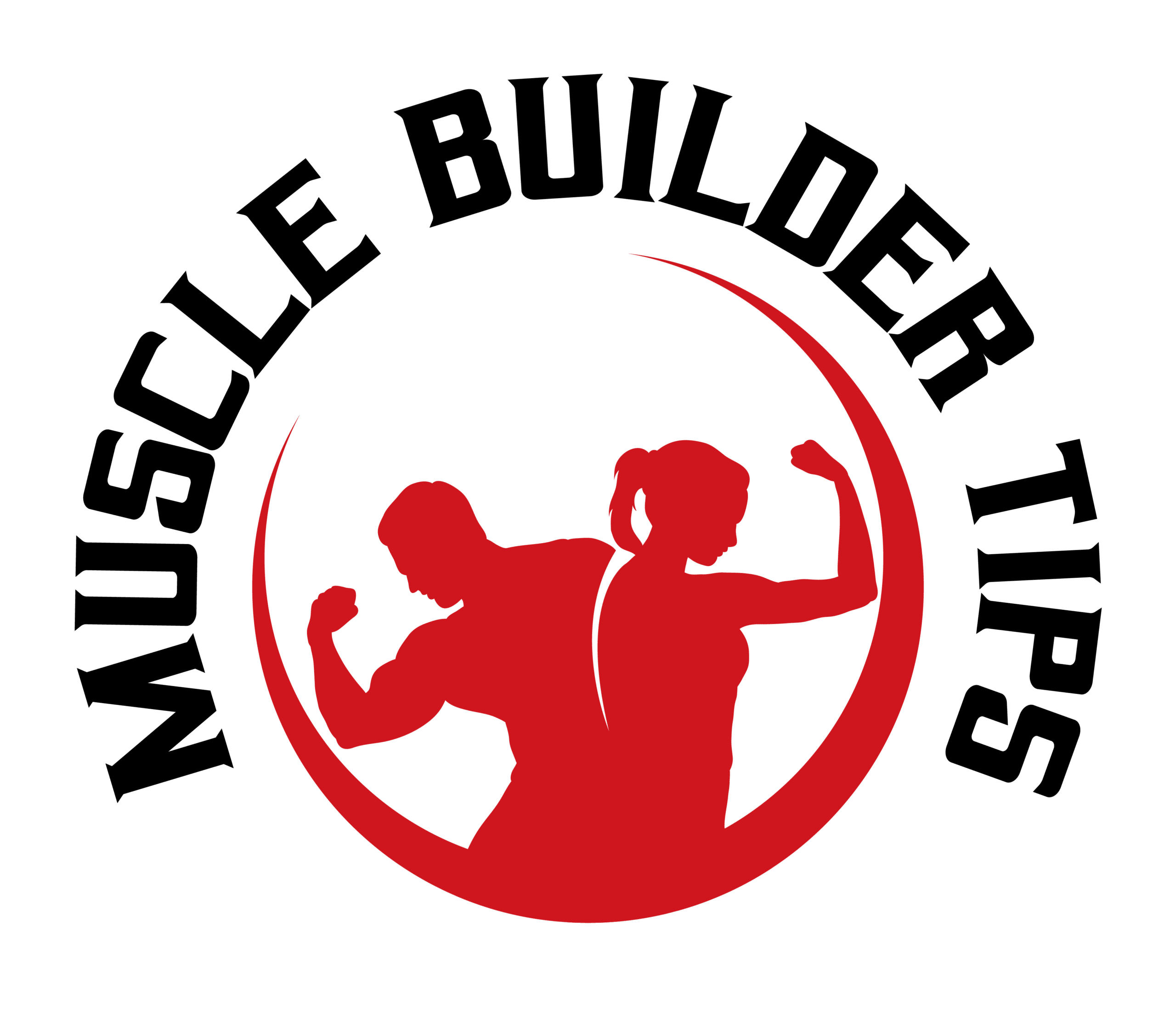
Muscle growth and repair are taking place at the cellular level as you’re driving home from the gym. Numerous vitamins and minerals are necessary for tissue healing and cellular production. Even though a healthy diet usually contains these vitamins, regular lifters may discover that specific deficits are impeding their ability to build and repair muscle. Find out how some vitamins for muscle growth can help you achieve better outcomes at the gym.

1. Vitamin D
Since testosterone is produced, vitamin D is the most crucial vitamin of all. Even better than placebo participants, several studies have found that adults who take vitamin D supplements and engage in strength training had much more explosive power. Even though it affects testosterone production, vitamin D also has a significant impact on protein synthesis. In fact, a study done on males with low testosterone levels discovered that taking vitamin D supplements caused a 20% rise in free testosterone.
2. Vitamin C
Okay, so to start with, vitamin C is a strong antioxidant that acts to shield muscle cells from harmful free radicals. It also helps with the synthesis of anabolic hormones like testosterone. Additional advantages of muscle exist.
Collagen production is aided by vitamin C. Vitamin C becomes crucial in preventing damage to bones and muscles because collagen, the main component of connective tissue, is what makes up connective tissue. Joints can handle larger weight resistance with reduced risk of injury thanks to collagen strengthening.
3. Vitamin E
Good news, though, for athletes and bodybuilders! The body’s cells are safeguarded in their integrity by vitamin E, a potent antioxidant. Free radicals, harmful byproducts of cellular respiration that are produced by exercise and rigorous training, are present in the body.
As these free radicals build up, the body becomes increasingly toxic, which affects immunological function, muscular growth, recuperation, and performance. These free radicals are attacked by vitamin E, which then removes them from the body. Reduced oxidative stress and less muscle deterioration are the ultimate results.
4. B Vitamins (B6, Folate & B12)
When it comes to muscle growth and repair, vitamin B6, folate, and B12 are possibly the most crucial B vitamins! Direct involvement in protein metabolism is a function of both vitamins B6 and B12. In fact, studies have shown that more vitamin B6 is required to support the metabolism of a higher protein intake the more protein you eat.
